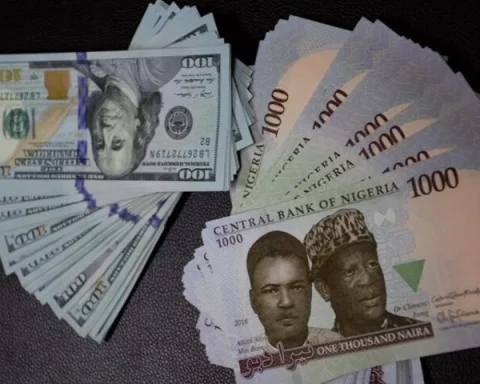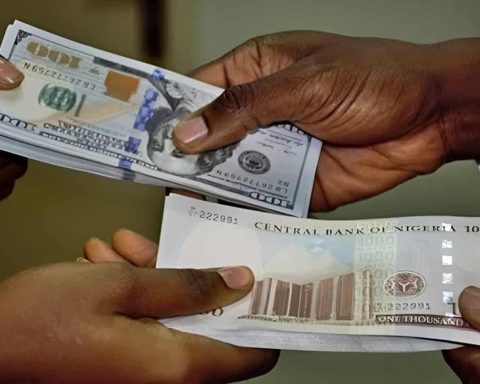As part of a new law to restructure Nigeria’s tax system, the Federal Government of Nigeria has proposed a 5 per cent excise duty on gaming, betting, and telecommunications services.
The bill, titled, “A Bill for an Act to Repeal Certain Acts on Taxation and Consolidate the Legal Frameworks relating to Taxation and Enact the Nigeria Tax Act to Provide for Taxation of Income, Transactions, and Instruments, and Related Matters,” was dated October 4, 2024, and obtained from the National Assembly.
Join our WhatsApp ChannelThe proposed law aims to introduce excise duties on services offered in Nigeria, including gaming, betting, lotteries, and telecommunications.
“The amount of an excisable transaction is the amount chargeable for the service by the service provider, both in money or money’s worth,” a section of the bill clarified.
“Services, including telecommunications, gaming, gambling, betting, and lotteries however described, provided in Nigeria shall be charged with duties of excise at the rates specified under the Tenth Schedule to this Act in a manner as may be prescribed by the Service.”
READ ALSO: Nigerian Govt Proposes Tax Instalment Payment Option In New Bill
The bill also aims to control currency transactions by stipulating that excise taxes will be applied to any discrepancies between the official Central Bank of Nigeria (CBN) exchange rate and the actual transaction rate.
Under a self-assessment methodology, the bill stipulates that any excess value in the exchange rates shall be paid as excise duty.
“Where an exchange of currency transaction involving the Naira is conducted within or outside Nigeria – (a) the transaction shall be conducted at an exchange rate not exceeding the prevailing exchange rate at the official market authorised by the Central Bank of Nigeria; and (b) where the exchange rate of the transaction exceeds the prevailing exchange rate at the official market authorised by the Central Bank of Nigeria, the excess shall be payable as excise duty by the seller on a self-assessment basis as provided in the Nigeria Tax Administration Act.”
The move is aimed at widening the tax net to increase revenue earning from non-oil sources.

















